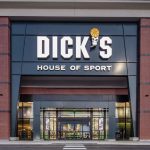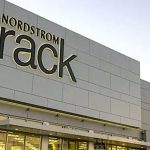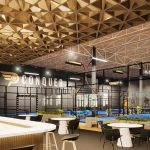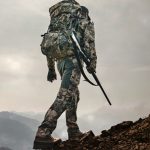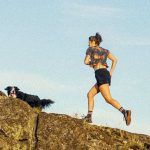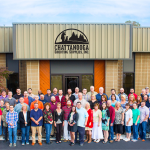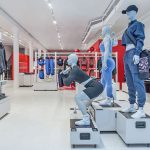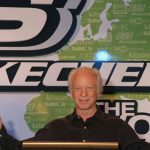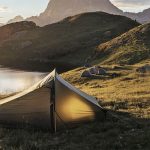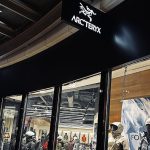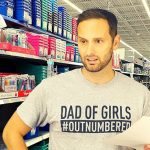Bozeman, MT-based pack builder Mystery Ranch plans to open up to 100 specialty retail accounts in the outdoor and hunting and fishing specialty channel in North America in the coming year. The brand was created by Dana Gleason and Renée Sippel-Baker of Dana Design backpack fame in 2000 and is known primarily for its wildland firefighting and military contract backpacks.
The company derives significant revenues from Asia where it is sold through a dealer network and operates a small direct-to-consumer business in the United States. The brand will launch its wholesale initiative by exhibiting at Outdoor Retailer Summer Market next month and at SHOT Show in January.
Dana Design operated from 1978 to 1995 and was renowned for its durable, heavy-load bearing designs. It was acquired by K2 Corp. in 1995, and was later shut down. Gleason began making packs again after his non-compete with K2 expired and was sought after by the military for his trademark purpose-built designs. Specifically, the yolk/harness system, extreme durability, the triple-zipper front opening, front torpedo pockets, and other hallmark innovations made the packs popular with special forces and other demanding professional, s such as fire fighters, big game hunters and high-alpine mountain guides.
The brand has already met with more than 20 specialty retailers and plans to meet with 30 more at Outdoor Retailer.
Its new Mountain line has been under development for several years and features the brand’s first Hunt-specific designs. “What we do in Outdoor is absolutely core and absolutely the origination of what we are as a company and as a group of people,” said Gleason. “Part of our ethos is doing this stuff ourselves and it’s something that has paid huge benefits for us as we spread back into these other areas of use. Making outdoor packs again is like being young again. We’re pretty proud of what we’ve been able to accomplish here and hugely proud of the people who do the production work.”
Mystery Ranch is privately held and employs 110 people in Bozeman and more than 300 more nationwide, including a large cut-and-sew shop in Seattle, run by Gleason’s daughter. From 2004 to 2012, 100 percent of production was U.S.-based.
In order to offer wholesale pricing to dealers, most of the 2016 packs for retail will be made in its own plant in the Philippines.
“We’re simply adding jobs with the Philippines factory. We’re becoming an international company,” said Gleason. “We do all of the steps here in terms of design and engineering, pattern making, quick turn items, specialized runs. It allows us to create and train designers, supervisors, quality control people. It allows us to control our entire supply chain and have much greater control than you’ll find in most companies. We are able to develop new techniques, new ways of doing things.”
By 2016, Gleason expects about half of all production will based in the U.S. “We are absolutely dead serious that what we produce in the U.S. are not token numbers,” Gleason said. “These are not contract plants, they are built to our own standards. We do the raw materials purchasing for every factory that builds our stuff. Most companies purchase their goods FOB from the factory. We go from the best specifications we can find. We’re kind of stupid that way. Anybody can tell you that you can make more money doing it the other way. But we have an absolute devotion to getting it done right. And somehow it’s worked over the decades.”
Continued Gleason, “We produce gear that makes a difference to people who are actually using it. We are a product driven company, not a marketing company. That formed who we are and everything we’ve done for the last 40 years. We live up to the needs, wants and driving forces for the people we work with. And that makes it very easy to come to work in the morning.”

